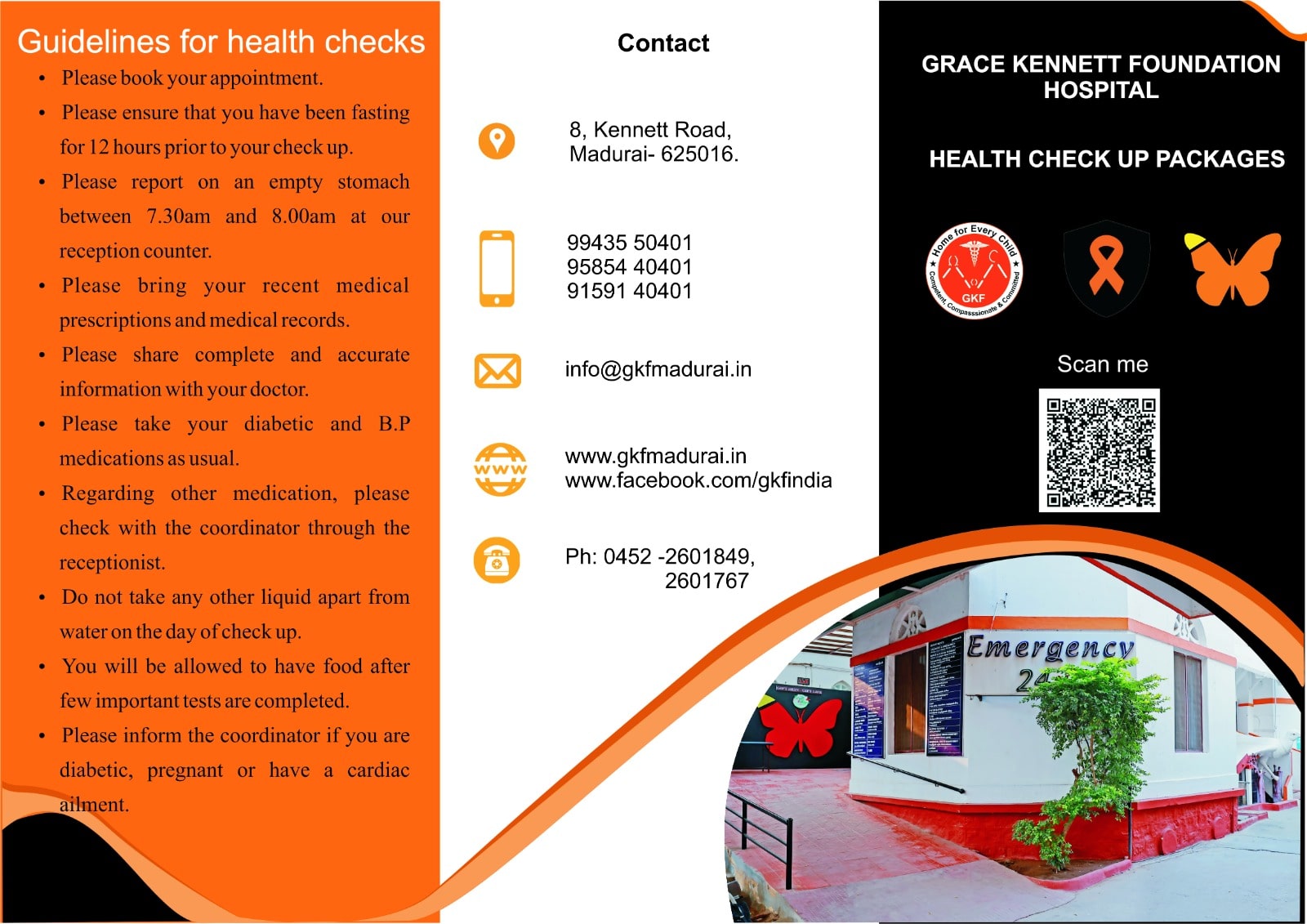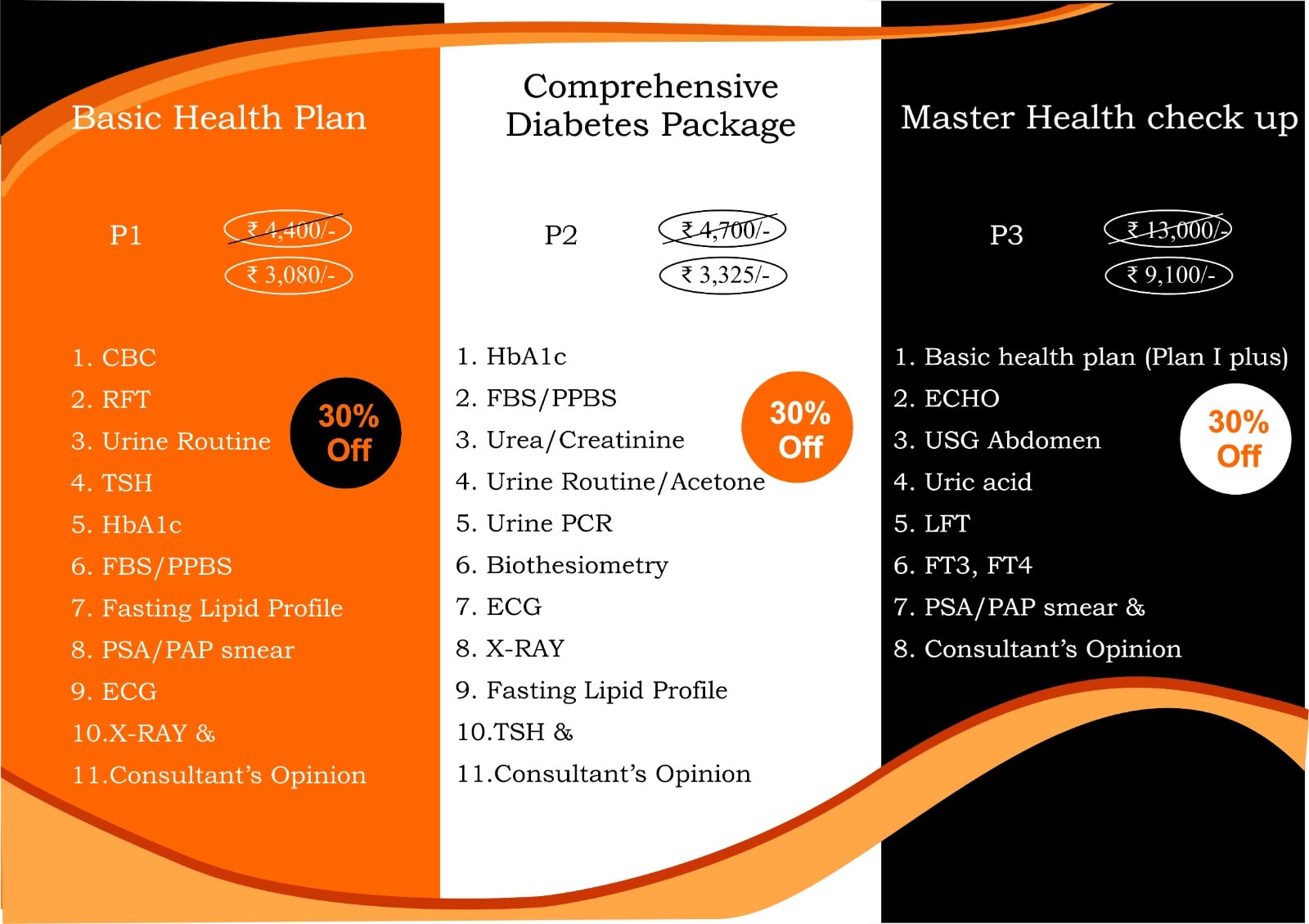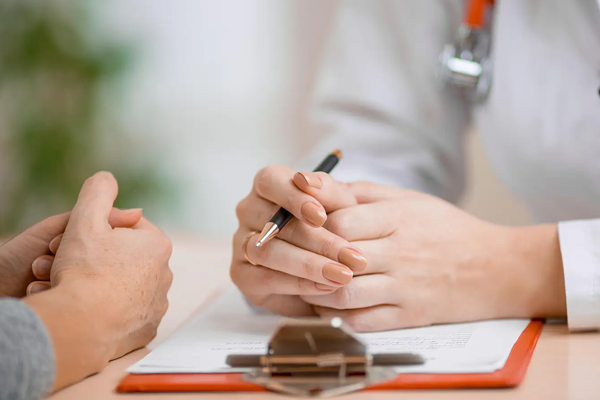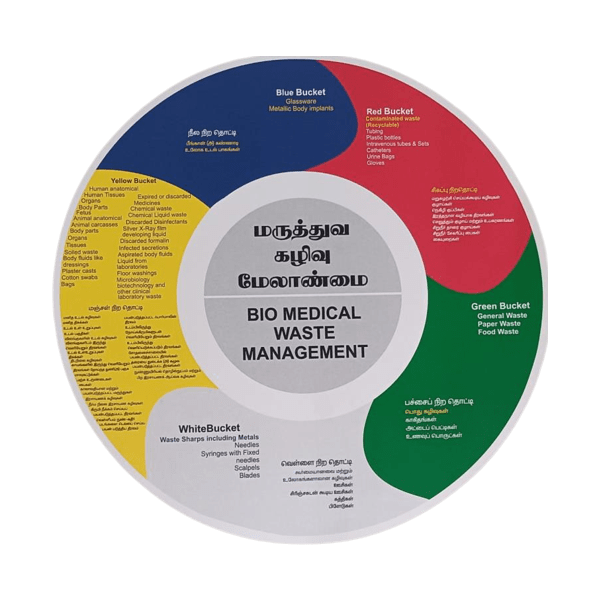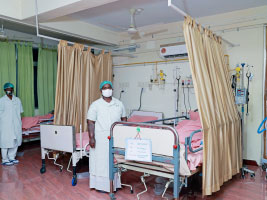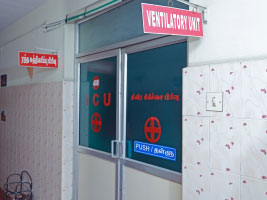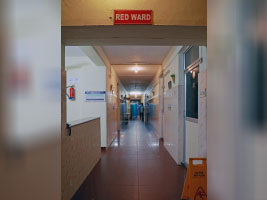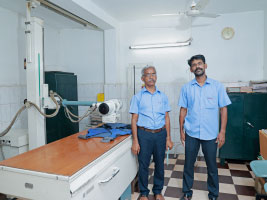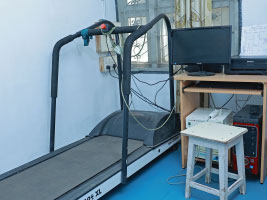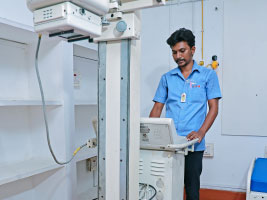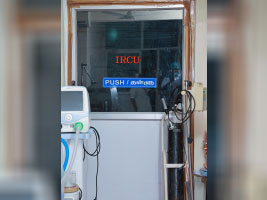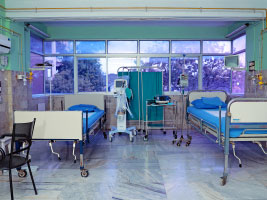Our comprehensive health service takes care of your physical, mental, and social needs. We focus on your safety, provide the best possible service, and do our best to protect the environment. Our hospital is the well that waters our garden. We are a self-supporting organization and child care and other services are supported by the resources generated by the hospital. By choosing us, you are directly helping the cause of children.
Grace Kennett Foundation Hospital
Specialities and Other Services
Ours is a 60 bedded multi-speciality hospital providing comprehensive healthcare. We offer out-patient, in-patient, and daycare services. Our 15 bedded Burns centre is one of the largest and oldest in the country. We provide preventive, promotive, curative, and rehabilitation services. Our 24×7 Accident and Emergency unit is one of the best equipped with 24×7 Triage services with registered medical professionals and qualified staff. We follow the best practices in biomedical waste management with maximal environmental protection.
Empanelled Insurance companies
Grace Kennett Hospital has tie-up with the following insurance companies.
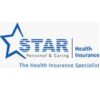
Star Health Insurance

Family Health Plan Insurance (FHPL)

ICICI Lombard Insurance

Good Health Insurance
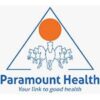
Paramount Insurance

Ericson Insurance
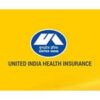
West India Insurance
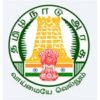
TNNHIS (Govt. Employees and Pensioners)
For insurance related queries, please contact +91 9751340401
Facilities

Severe Acute
Respiratory Infection (SARI) Ward

Biomedical
Management

Highly equipped Clinical, Biochemistry,Microbiology Laboratory

Main Twin OT,
Endoscopy OT, Minor OT

Dialysis Unit

Intensive Respiratory Care Unit (IRCU)

Mechanized Laundry

X Ray

Eatery

Parking

Community Hall
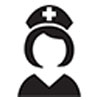
BSS Community College
Diabetic Foot Clinic
-
- India is ranked second globally in terms of diabetes prevalence, with an estimated 77 million diabetic patients in the country. Approximately 15% of these individuals experience diabetic foot infections, and a quarter of them ultimately require amputation. According to a survey conducted by the National Health Service (NHS), diabetic patients face a 15% higher risk of limb loss compared to the general population. Shockingly, the World Health Organization (WHO) reveals that a limb is lost every 30 seconds due to diabetes.
- Failure to properly treat small wounds and mild infections can lead to limb loss, often due to the negligence of the patient rather than the disease itself. However, timely and appropriate treatment from a specialist can help prevent the spread of infection and wound progression. Factors such as reduced sensation, vascular disease, and high blood sugar contribute to this progression. Early medical intervention, including specialized investigations like pedobarograms to identify pressure points caused by faulty foot biomechanics, can aid in the planning of targeted treatments.
- Prophylactic surgeries aim to correct these faulty biomechanics in the foot, preventing further ulcer progression and promoting wound healing by eliminating the root cause. In cases where the infection has become systemic and life-threatening, amputation may be necessary as a lifesaving measure. Following amputation, reconstructive surgery can be considered to restore foot function.
- To reduce the number of amputations in diabetic individuals, it is crucial to adhere to a proper diet, take prescribed medications, and seek early medical consultation at the onset of infection
OPD Guidelines for Patients
The Discharge Process
The Responsibilities as a patient or attendant
As a patient or attendant, you have several responsibilities towards your healthcare providers and the hospital. These include
-
-
- Keeping your appointments and arriving on time. If you cannot make it, you should inform your doctor or hospital as soon as possible.
- Providing accurate and complete information about yourself, including your name, address, phone number, date of birth, next-of-kin details, insurance information, past illnesses, and medications.
- Actively participating in your treatment plan and keeping your healthcare providers informed about the effectiveness of your treatment.
- Leaving your valuables at home and bringing only necessary items.
- Treating all hospital staff, other patients, and visitors with courtesy and respect. You should follow hospital rules and safety regulations, keep noise levels down, respect privacy, limit the number of visitors, and comply with the hospital’s no-smoking policy.
- Understanding all instructions before signing consent forms. You should ask questions and make sure you fully understand what you are agreeing to before signing any forms.
-
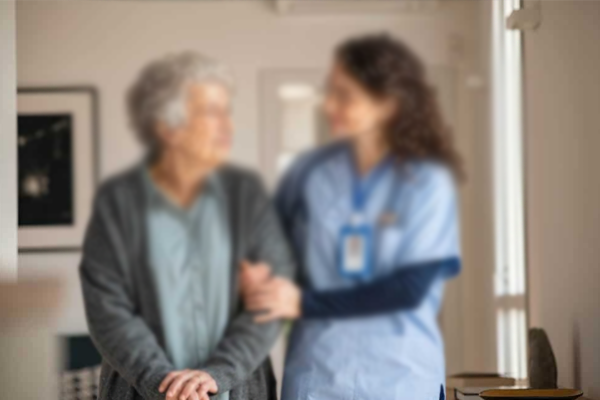
Do's and Don'ts for Non-Surgical patients

-
-
- Follow the treatment plan given by your doctor or nurse.
- Ask questions if you are unsure about any part of your treatment.
- Maintain good hygiene, including washing your hands frequently.
- Report any changes in your condition to the medical staff.
- Eat a healthy diet that meets your dietary needs.
- Get enough rest and sleep to aid in your recovery.
- Stay active as permitted by your doctor or nurse.
-

-
-
- Do not leave the hospital without approval from your doctor or nurse.
- Do not consume alcohol or drugs during your stay.
- Do not smoke or use tobacco products while in the hospital.
- Do not bring any valuables or large amounts of cash to the hospital.
- Do not tamper with any medical equipment or devices in your room.
-
Medico - Legal Cases
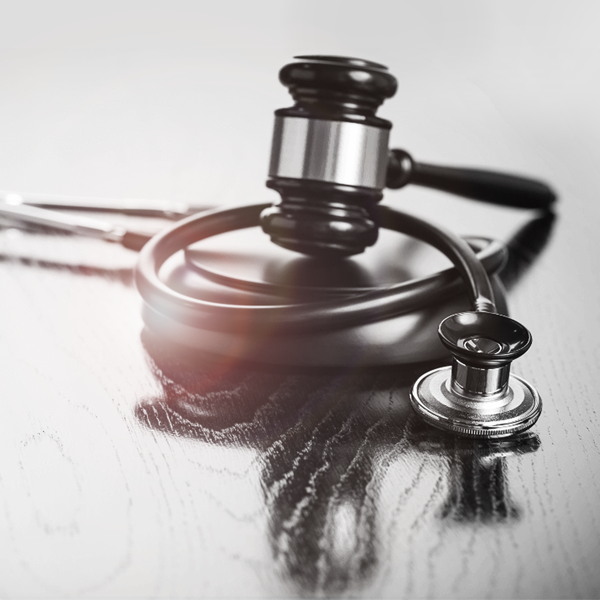
The following cases should be considered as medico-legal and as such the medical officer is “duty-bound” to intimate to the police regarding such cases
-
-
- All cases of injuries and burns – the circumstances of which suggest commission of an offense by somebody. (irrespective of suspicion of foul play)
- All vehicular, factory or other unnatural accident cases specially when there is a likelihood of patient’s death or grievous hurt.
- Cases of suspected or evident sexual assault.
- Cases of suspected or evident criminal abortion.
- Cases of unconsciousness where its cause is not natural or not clear.
- All cases of suspected or evident poisoning or intoxication.
- Cases referred from a court or otherwise for age estimation.
- Cases brought dead with improper history creating suspicion of an offense.
- Cases of suspected self-infliction of injuries or attempted suicide.
- Any other case not falling under the above categories but has legal implications.
-
Quality Management System
The Quality Management System will be complied with and continually improved. The Quality Objectives will be periodically reviewed and communicated to all the employees of the organization for implementation in respective work areas.

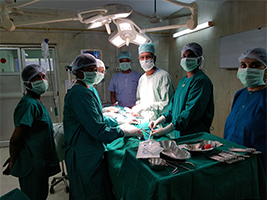

Our Quality Policy
Safety First – Accidents do not happen, they evolve. Only a sequence of events lead to a catastrophe. We, in Grace Kennett Foundation Hospital, have achieved and will continue to strive to maintain the highest safety in health care by:
-
-
- Continuing Medical Education Programme and Training.
- Technological Upgradation.
-
Quality Objectives
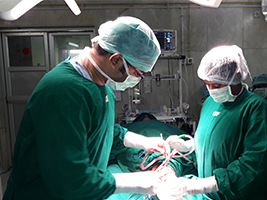
-
-
- Providing the highest standards of safety in health care.
- Providing the most cost-effective health care by practicing evidence-based medicine.
- Providing comprehensive (Womb to Tomb) health care by continuous improvement in training and technology.
- Involving patients and attendants in all decision making processes with good communication and transparent systems to improve patients’ safety and outcome.
-






